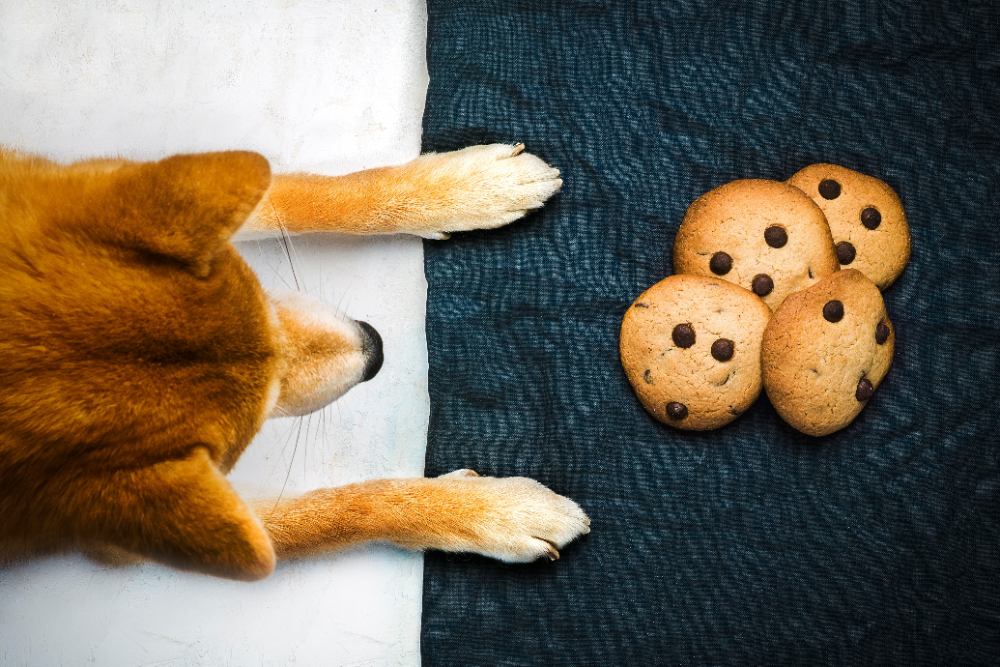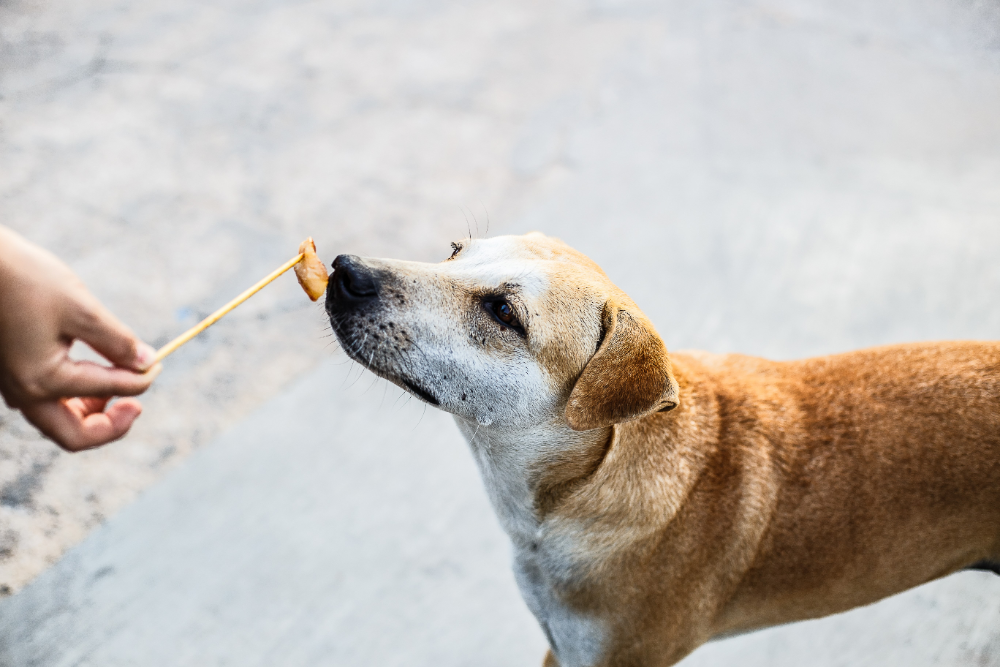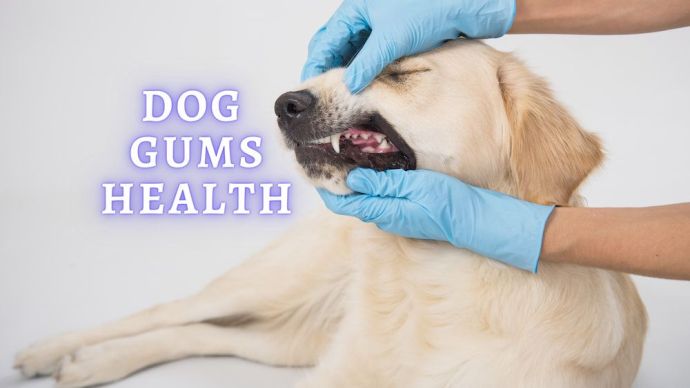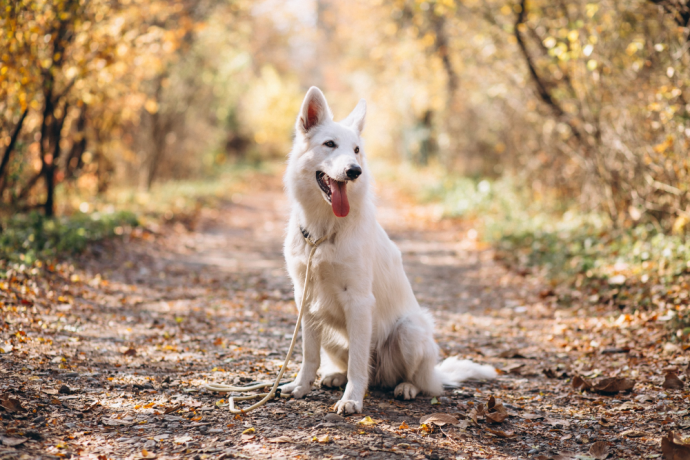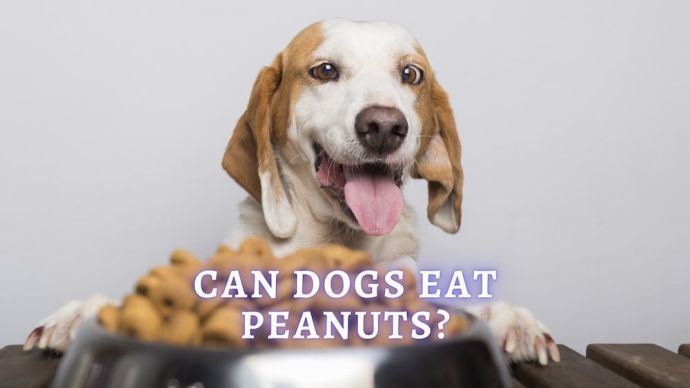Can Dogs be Vegan: Vegan Diet for Dog
Written by:
Author: Dr. Joanna De Klerk
Dr. Joanna de Klerk is a professional Clinical Veterinarian. Member of the Royal College of Veterinary Surgeons UK and a member of the South African Veterinary Association. Graduated with a Master of Science in Tropical Animal Medicine in 2018. Professional author, she has been writing in scientific journals, and also several book series. Joanna loves to enjoy time with her young daughter and family in her free time.
View all 10 articlesLearn about our editorial process and veterinary review board.
Viewed: 277
Updated on: 02/23/2021
Can Dogs be Vegan?
Veganism has taken the world by storm. It is an ethical and environmentally conscious way of life that requires eating only a plant-based diet. Those who are advocates of veganism claim it is excellent for the Earth, but the nutrients in the food can reduce your chances of nasty diseases, promote a healthy body weight, and boost your mood. So, it’s no wonder that people want to explore veganism for their family friends too, but can pets actually be vegan, like humans? There is a lot of controversy around the subject of vegan and vegetarian animals, which we will unpack in this article.
Can Dogs survive on a Vegan Diet?
The short answer is yes, but it’s not easy. Dogs have descended from their carnivorous wolf ancestors, but over time, the domestic canine digestive system has adapted to be able to deal with an omnivorous diet. Domestic dog breeds are capable of digesting and absorbing nutrients from fruits and vegetables, which are the main components of a vegan diet. This is because they have a higher production of amylase, the enzyme to digest carbohydrates than their wolf ancestors.
However, for dogs to eat a diet completely devoid of proteins and fats from animal sources, is potentially dangerous. Animal proteins, elastin, collagen, and keratin are all impossible to obtain from a vegan diet, which are essential for healthy development of muscles, skin, and joints. Certain amino acids are part of the building blocks of life, which are found in these nutrients, and extremely low in vegan diets. This can lead to disastrous consequences.
A vegan diet should never be put together by anyone other than a professional veterinary nutritionist. An unbalanced diet, can have serious side effects and trigger potentially fatal conditions.
What do you Feed a Vegan Dog?
Before deciding to feed your family friend a vegan diet, you should discuss your concerns with your veterinarian. They may be able to offer an alternative dog food which provides a compromise by making up the bulk of the protein content with eggs or fish. Also, there are many foods available foods for dogs that contain meat that is ethically and humanely sourced.
READ MORE: Best Puppy Food for Small Breeds
If you are determined for your dog’s being vegan and have explored all the alternative food options with your veterinarian, your vet will be able to point you in the direction of a veterinary nutritionist to develop a diet is suitable for your dog. You should never pick and choose vegan ingredients for your pet based on your knowledge alone, as humans have very different nutritional requirements for dogs.
Most vegan diets which have been professionally put together for pets are made up of rice, lentils and vegetables, as well as amino acid supplements like L-carnitine and taurine, and vitamin and mineral supplements.
Why Dogs should not be Vegan?
Vegan diets are not naturally suitable for dogs. It is impossible to develop a balanced diet without the addition of synthetic amino acids, minerals, and vitamins, often defeating the point of feeding your family friend a healthy, natural, Earth-friendly meal. As a result, vegan pets are prone to becoming malnourished with dangerous mineral deficiencies, that can trigger life-threatening conditions.
In addition to poor health, diets deficient in taurine can lead to a condition called dilated cardiomyopathy. This is when the heart muscle becomes thin and weak and can no longer sufficiently pump the blood around the body. While it can cause sudden death, it is more common than pets with dilated cardiomyopathy suffer a long, protracted disease, which compromises their welfare.
Finally, the natural bacteria in the gut, known as the microbiome, play a large role in digestion and immune-defenses. The dog’s natural microbiome is not set up to digest vegetable-based starches and protein alone, which can lead to excess gas production and uncomfortable bloating for your family friend. Over time, it can cause a change in the make-up of the microbiome and a decrease in your dog’s immune defenses.
Benefits of a Dog being Vegan
We all know the benefits of a vegan diet in humans, but are there any benefits to your dog? There are some benefits, such as the knowledge that your dog is eating sustainably sourced and ethically produced food, whose production does not contribute to environmental destruction, but in reality, a vegan diet does not have any benefit to your pet’s health, and therefore should be avoided if possible.
Do Vegan Dogs need b12?
Vitamin B12 is essential for effective digestion, red blood cell production, nerve function, and DNA-synthesis, however, it is only found in sufficient quantities in animal products. Therefore, supplementing with vitamin B12 is essential for all vegan animals. It can be obtained in a non-animal source constitution; however, you should follow the advice of your veterinary nutritionist to ensure it hasn’t come from a source or have additives which may be detrimental to your family friend.
How to Feed your Dog if you are Vegan yourself
If you are vegan yourself, you may struggle to feed your dog commercial dog food, due to the animal-derived ingredients. Before choosing to feed your pet as you feed yourself, consider other ways to get around the concerns you have.
Firstly, consider feeding your dog dry food rather than wet food. This does not resemble meat as much as wet food and may enable you to dissociate your feelings towards meat with your dog’s food. If this is not a viable option for you, research some pet foods which have high standards of ethics. Many pet food companies specialize in food whose ingredients uphold very high standards. The animals’ welfare is excellent, the food manufacturing processes uphold the highest ethical standards, and the meat is sustainably sourced, which might put your mind at ease about the source of the animal-derived ingredients.
If animal meat is what is causing you to have trouble with dog food, as mentioned earlier, consider diets with protein sources from eggs or fish instead, before deciding on feeding your family friend a vegan diet.
READ MORE: Best Puppy Food Reviews
Who to contact if you want to Feed your Dog a Vegan Diet?
If you are adamant that your family friend must eat a vegan diet, you should first contact your veterinarian. He will be able to refer you to a specialist veterinary nutritionist who can put together a suitable balanced diet for your pet. A nutritionist will take into account the age and breed of your dog, and put together a recipe for you to feed, which meets The Association of American Feed Control Officials (AAFCO) food standards for minerals, amino acids and nutrients.
READ MORE: Best Wet Dog Food
How long can Vegan Dogs live for?
The world’s oldest vegan dog was Bramble, a Border Collie who reached 27. This is a marvelous age for any dog, regardless of whether or not he was vegan. Bramble was fed on a diet of rice, lentils, and organic vegetables.
However, Bramble was the exception and not the rule. Vegan dogs usually have shorter lives than pets fed a balanced commercial dog food due to the conditions and nutritional imbalances they develop.
Conclusion
While veganism may seem attractive, it is not a diet choice that will benefit your dog, so if possible, you should feed your pet a balanced, high-quality commercial dog food, containing animal-derived proteins and fats. However, if this is a diet you want your family friend to follow, there are options, and with commitment and hard work with the professional guidance of a professional veterinary nutritionist, you can feed your dog a vegan diet that will not harm him.
READ MORE: TOP Rated Senior Dog Food
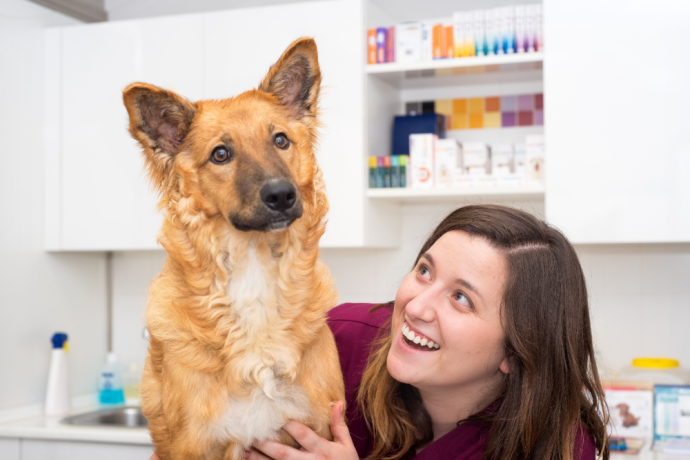 Dog Veterinary Tips Stem Cell Therapy for Dogs: Conditions Treated, Efficacy, and Cost
Dog Veterinary Tips Stem Cell Therapy for Dogs: Conditions Treated, Efficacy, and Cost - 871
- 0
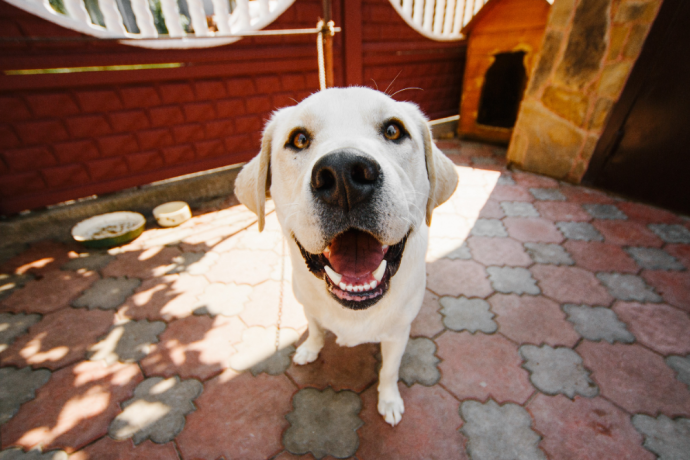 Dog Veterinary Tips My Dog’s nose is Dry and Cracked: Causes and Things to Help
Dog Veterinary Tips My Dog’s nose is Dry and Cracked: Causes and Things to Help - 308
- 0
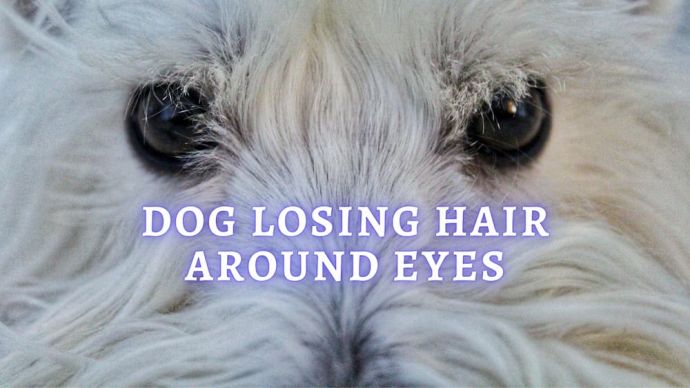 Dog Veterinary Tips Dog Losing Hair Around the Eyes: Causes, Diagnosis and Treatment (Vet Advice)
Dog Veterinary Tips Dog Losing Hair Around the Eyes: Causes, Diagnosis and Treatment (Vet Advice) - 5181
- 0
 Dog Veterinary Tips Why is my Dog throwing up: Causes and Preventing (Veterinary Advice)
Dog Veterinary Tips Why is my Dog throwing up: Causes and Preventing (Veterinary Advice) - 21800
- 5
 Dog Care My Dog Keeps Scratching His Mouth: Reasons Why Your Dog Scratching Face
Dog Care My Dog Keeps Scratching His Mouth: Reasons Why Your Dog Scratching Face - 17168
- 1
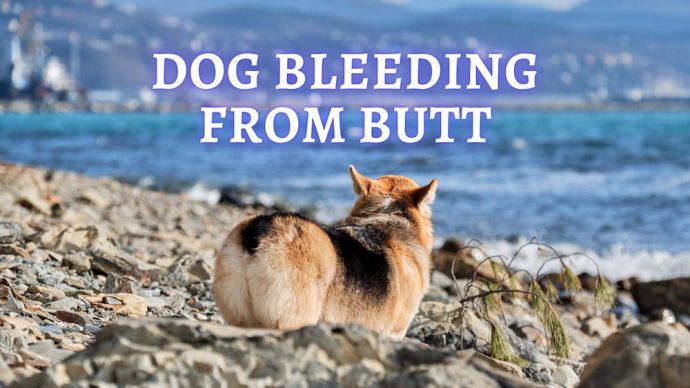 Dog Care Why Is My Dog Bleeding From Its Butt? Causes and treatment of rectal bleeding in the dog
Dog Care Why Is My Dog Bleeding From Its Butt? Causes and treatment of rectal bleeding in the dog - 15114
- 0









